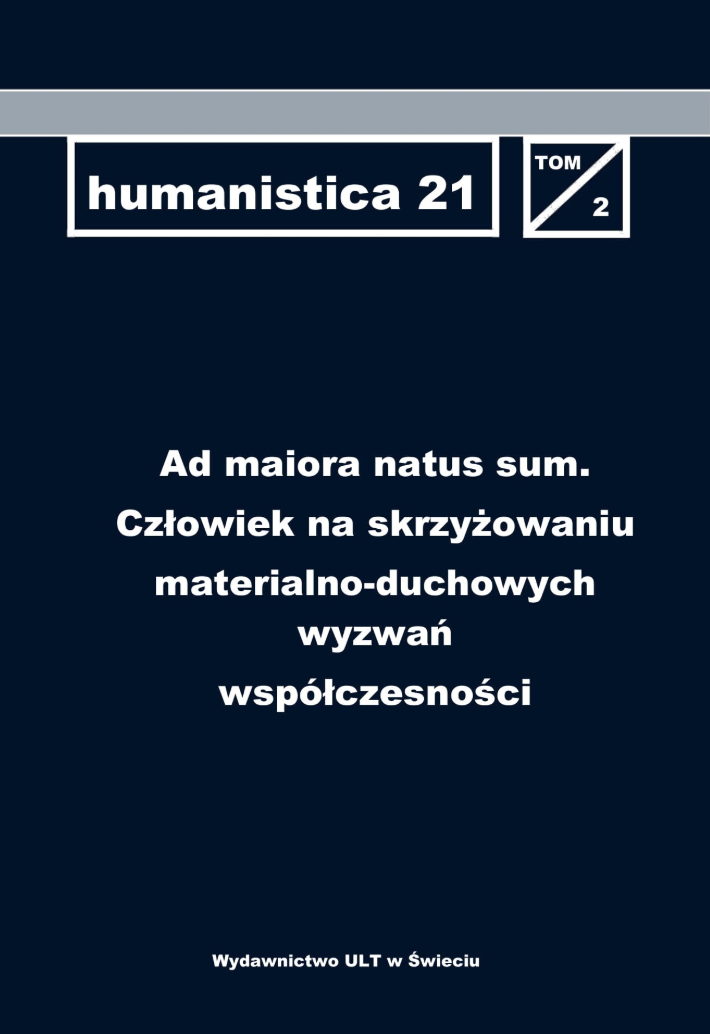Освоение лексики в ситуации двуязычия
Development of lexicon in the situation of bilingualism
Author(s): Natalia Sarsiekiejewa, Raszyda Kasymowa, Rajgul MiejramgalijewaSubject(s): Anthropology, Social Sciences, Language and Literature Studies, Cultural Anthropology / Ethnology, Theory of Literature
Published by: Wydawnictwo ULT w Świeciu
Summary/Abstract: At the present stage of development of a technique of teaching Russian as sciences there is a reconsideration of traditional understanding of informative processes which are considered as the con¬cept (mechanism) of reflection. As at the heart of formation of an image of the world as sets of cognitive representations the natural need for knowledge of the world, is the cornerstone of cognitive interest of younger school students there has to be an active crea¬tive beginning with use of such cogitative operations as compari¬son, the analysis (identification / analogy), differentia¬tion / distinction), systematization (classification of objects, a categoriza¬tion of concepts).In article thematic communications of words which serve as reflection of the general principles of classification of the phenomena of reality which are formed in consciousness of the trainee in cognitive activity are considered. It is noted that is the cornerstone of thematic group of words not only a subject number and designation, but also judgment of objects and con-cepts about objects during subject and/or cognitive activity of the trainee. As all types of semantic links between lexemes serve as the most important principle of the organization of the diction¬ary in consciousness of the person, knowledge the trainee of a theme group of words as component of language knowledge of the world allows it to comprehend reality, the idea of reality ex¬pressed in conceptual categories which can be more or less fractional. The Tezaurusny type of the organization of knowledge of younger school students assumes knowledge of theme groups as components of language knowledge of the world that allows the pupil in a concrete situation of communication in Russian: to choose the most suitable lexical units within a lexical subject; to use the chosen lexical units in the text taking into account their compatibility with in other words and the transferred cogitative information; to use thematic lexicon according to communication situations. A nuclear part of lexical competence of the younger school student is represented by the subject names having correlation to reality. The addressing the thesaurus of the language identity of the younger school student allows to consider his com-munica¬tive requirements and to connect in one uniform process of assimilation of Russian as nonnative and process of formation of the language identity of the trainee.
Journal: humanistica 21
- Issue Year: 2/2018
- Issue No: 2
- Page Range: 227-246
- Page Count: 20
- Language: Russian

